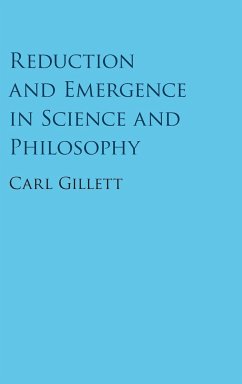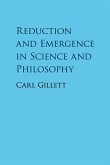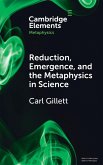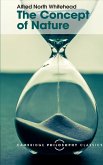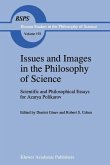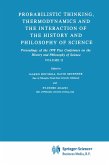Grand debates over reduction and emergence are playing out across the sciences, but these debates have reached a stalemate, with both sides declaring victory on empirical grounds. In this book, Carl Gillett provides theoretical frameworks with which to understand these debates, illuminating both the novel positions of scientific reductionists and emergentists and the recent empirical advances that drive these new views. Gillett also highlights the flaws in existing philosophical frameworks and reorients the discussion to reflect the new scientific advances and issues, including the nature of 'parts' and 'wholes', the character of aggregation, and thus the continuity of nature itself. Most importantly, Gillett shows how disputes about concrete scientific cases are empirically resolvable and hence how we can break the scientific stalemate. Including a detailed glossary of key terms, this volume will be valuable for researchers and advanced students of the philosophy of science and metaphysics, and scientific researchers working in the area.
Bitte wählen Sie Ihr Anliegen aus.
Rechnungen
Retourenschein anfordern
Bestellstatus
Storno

